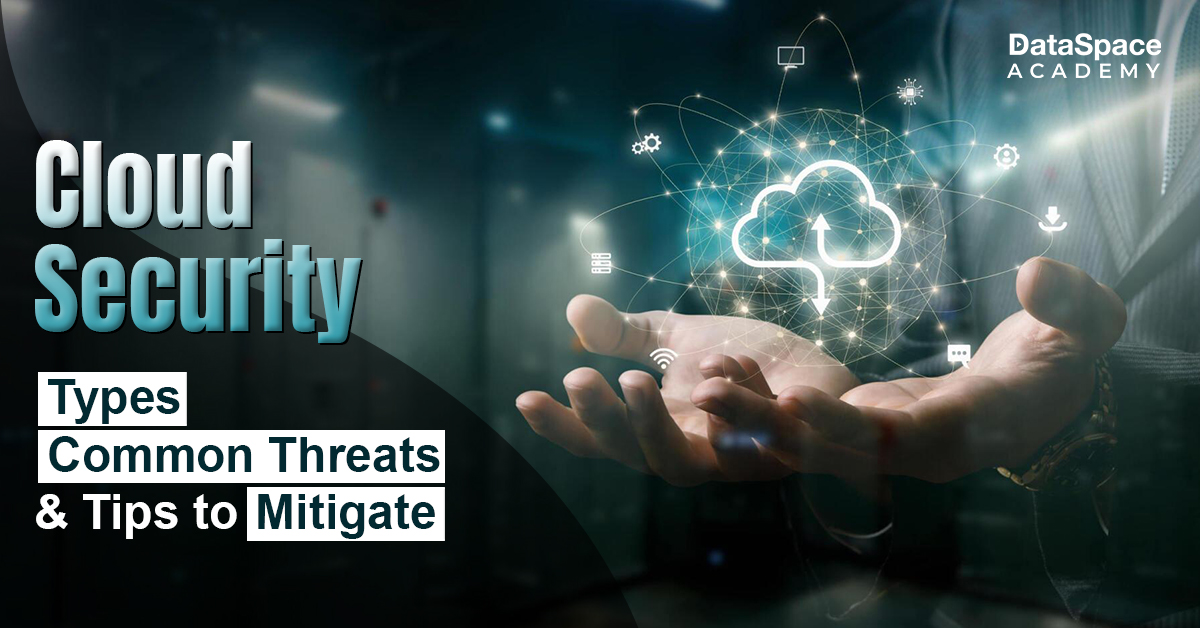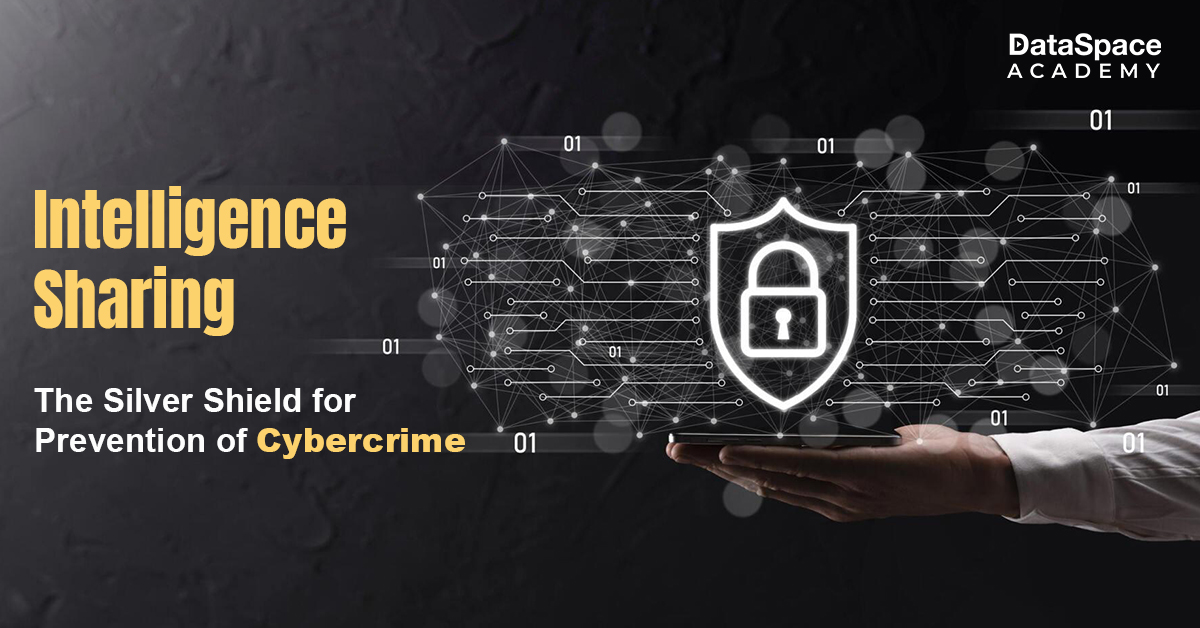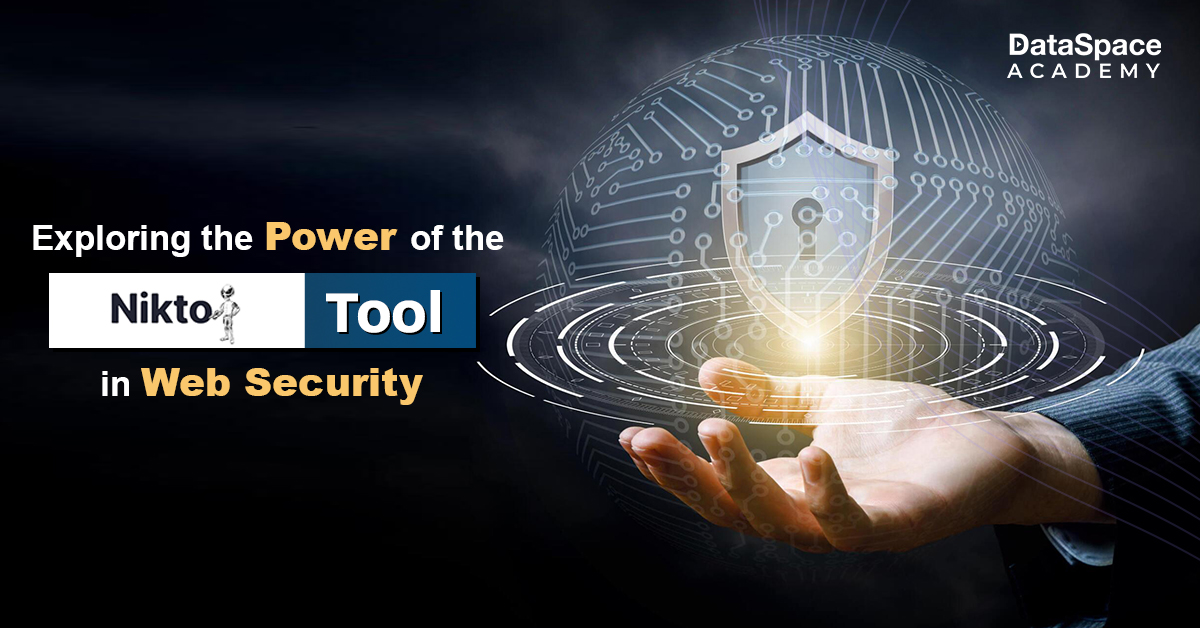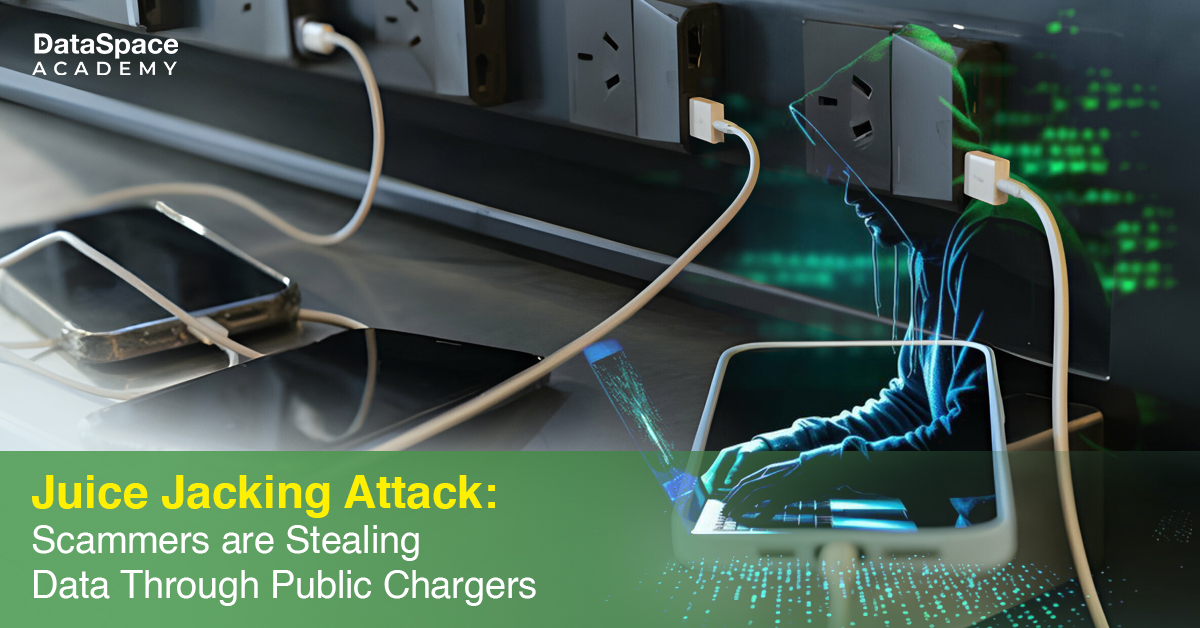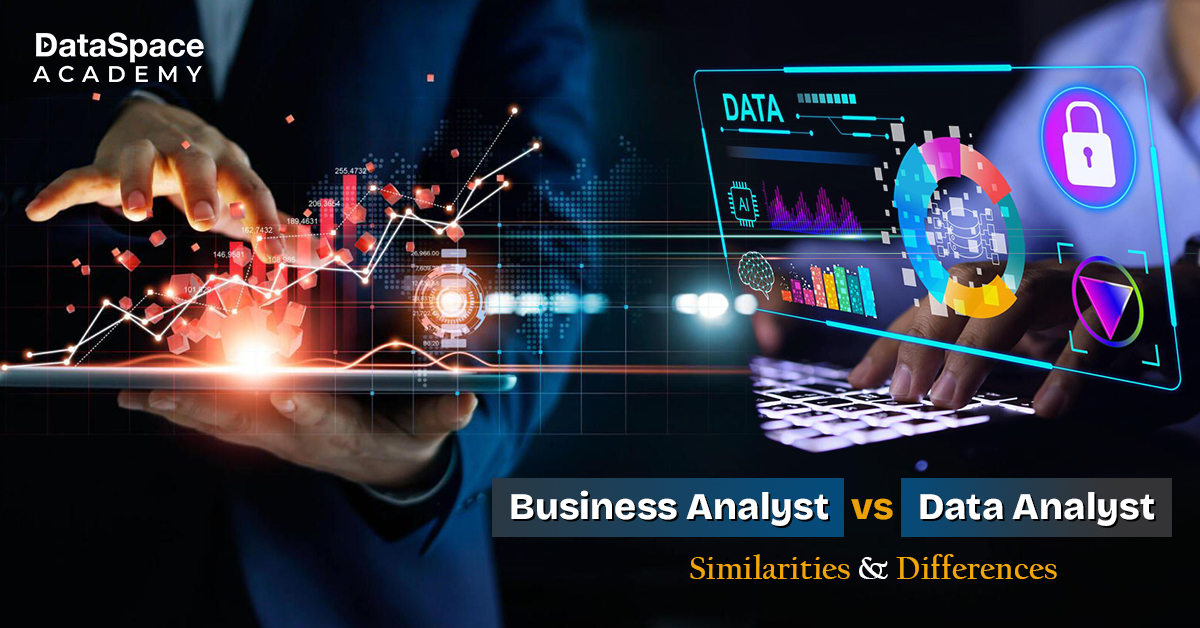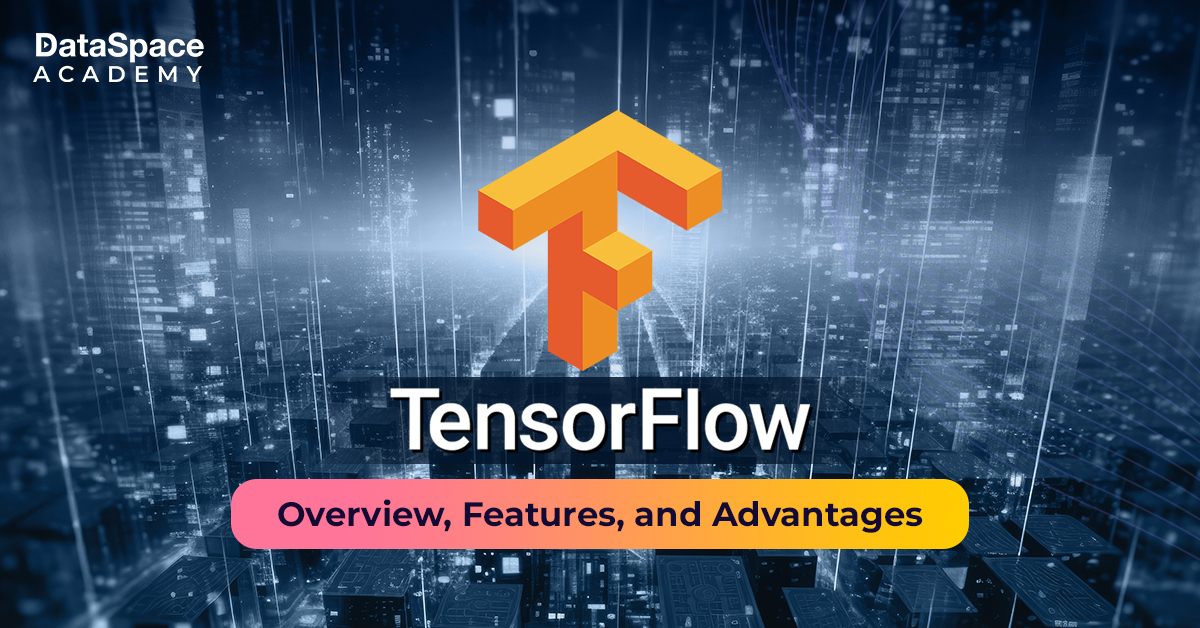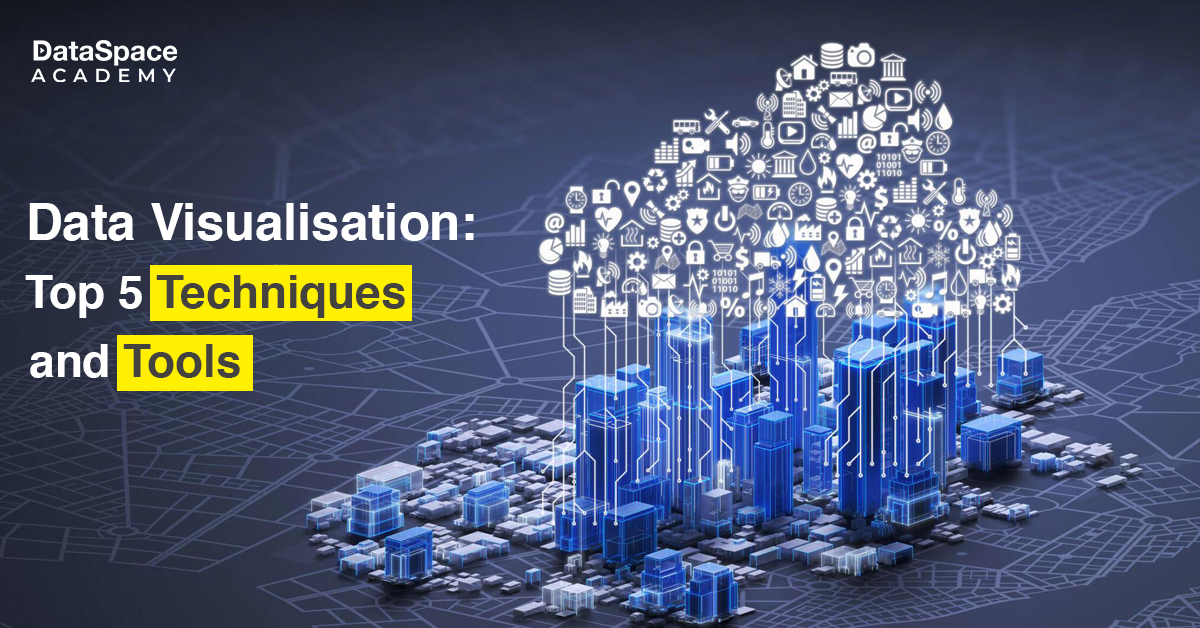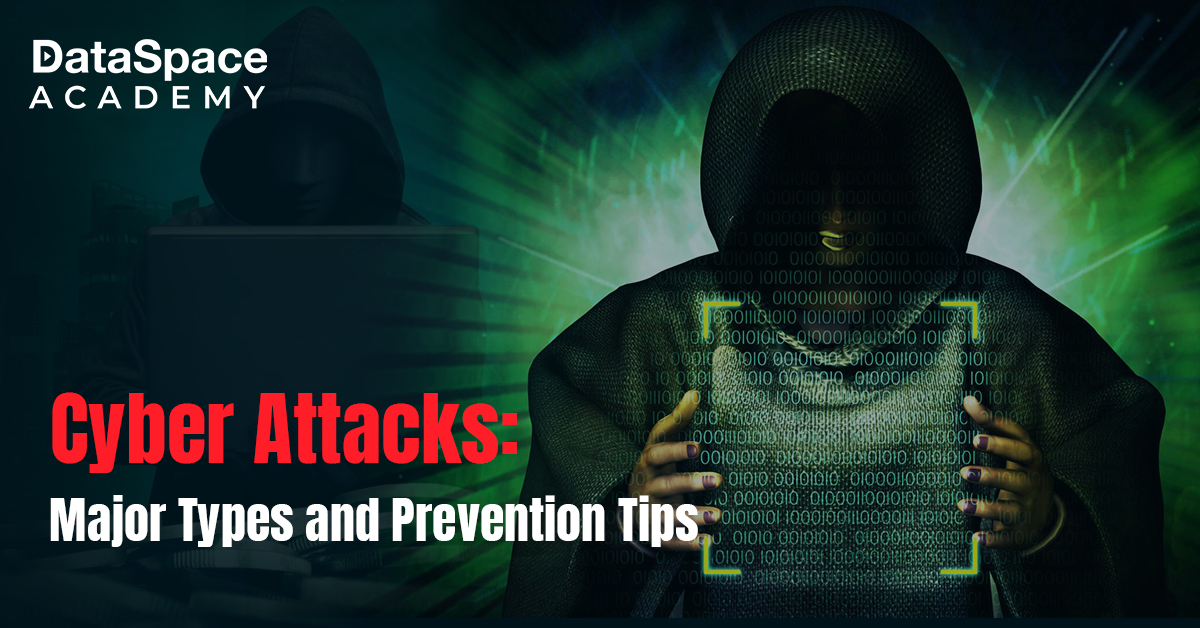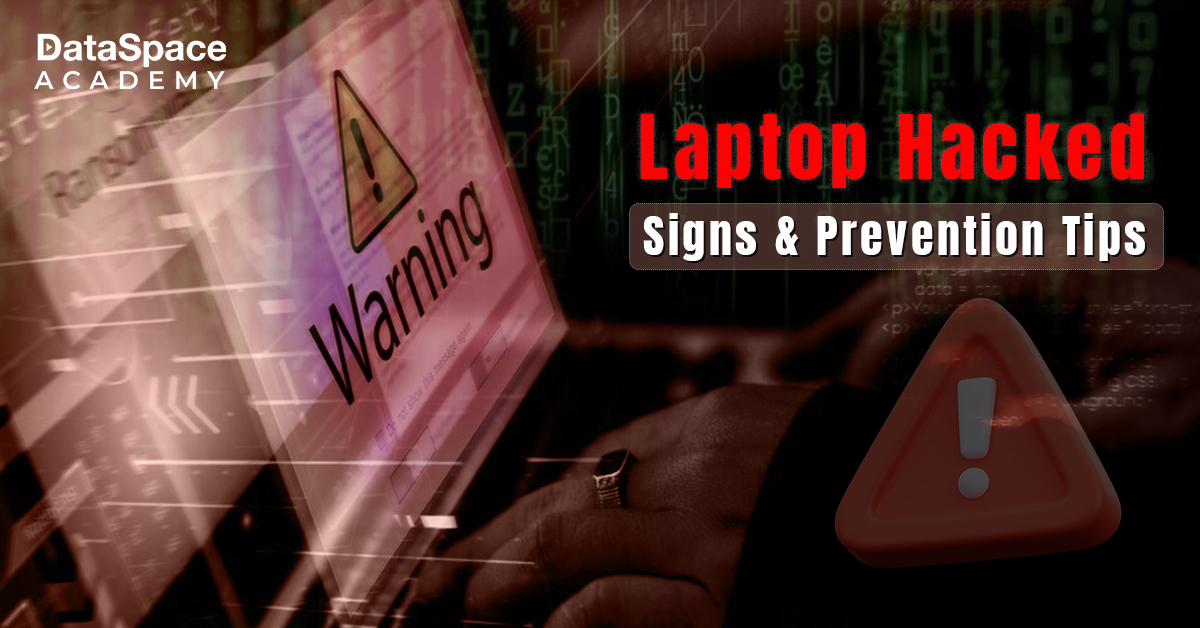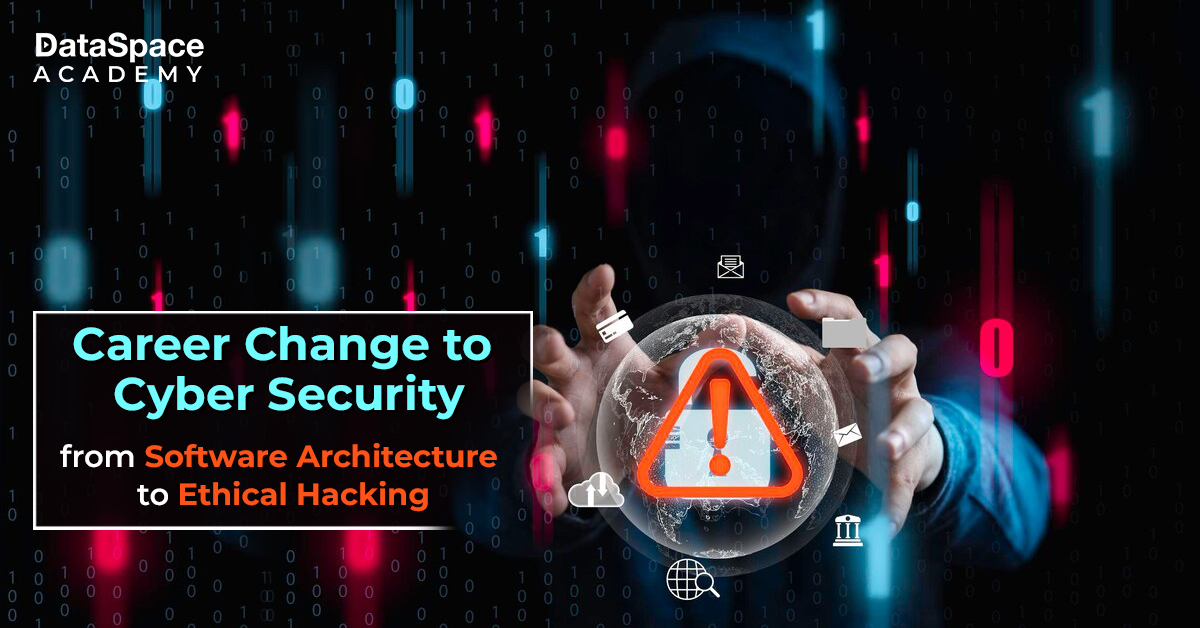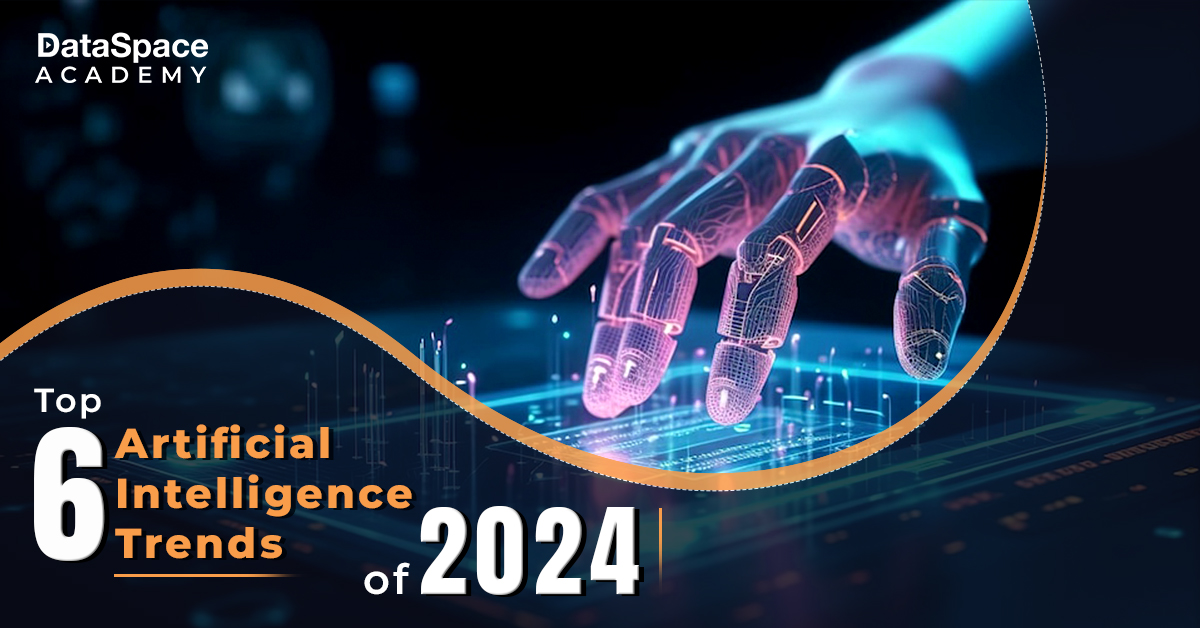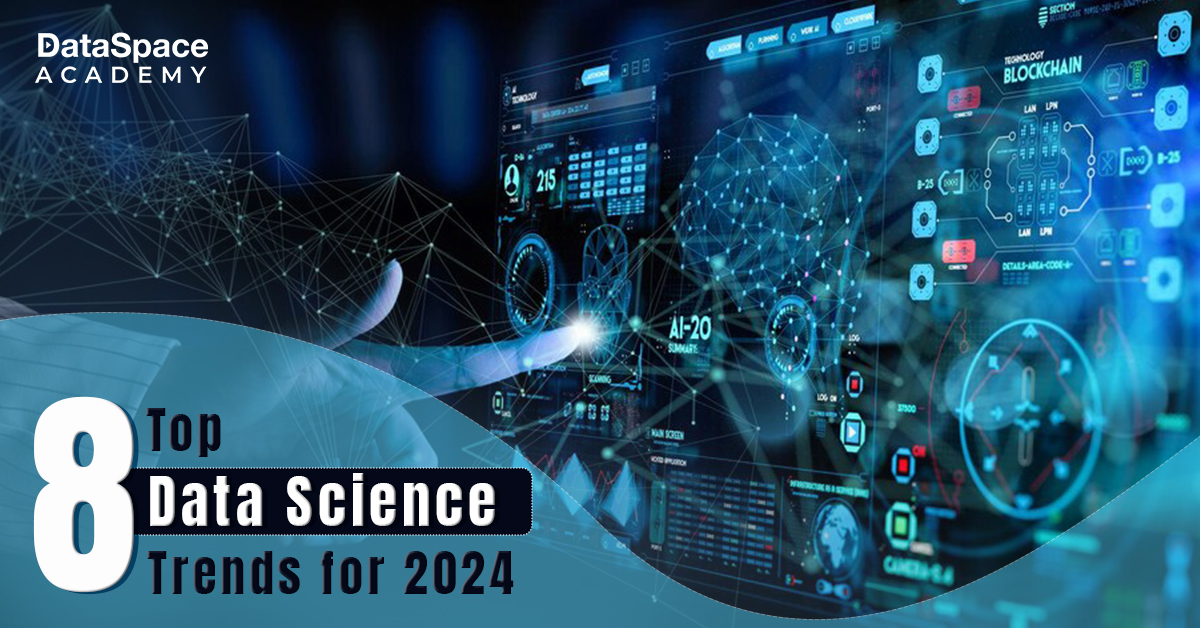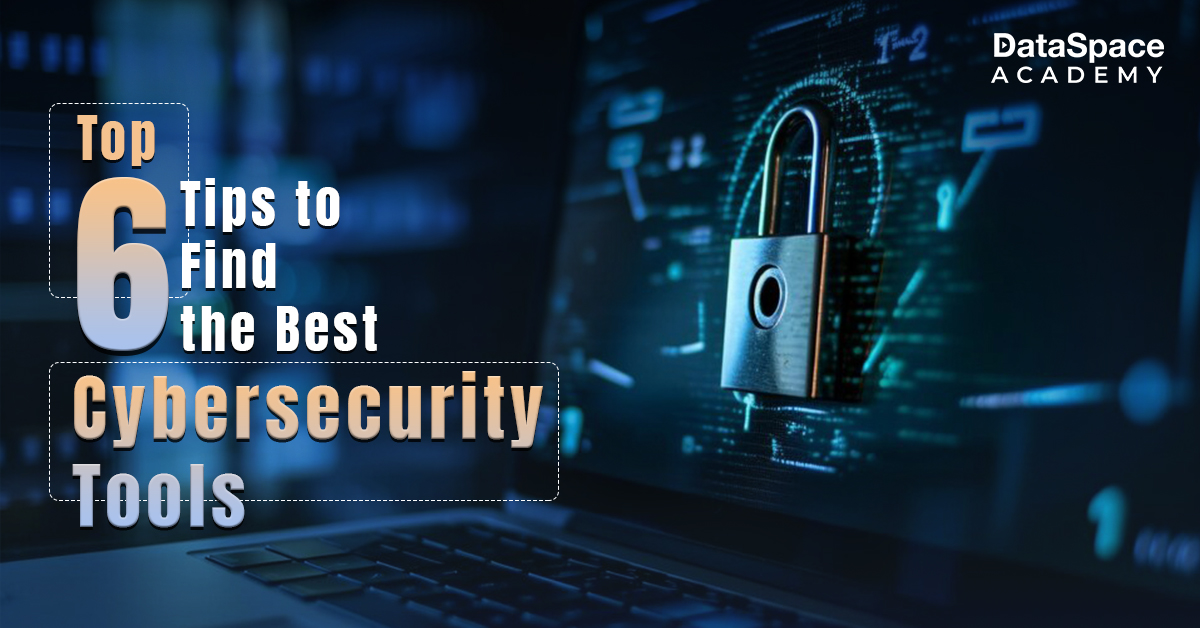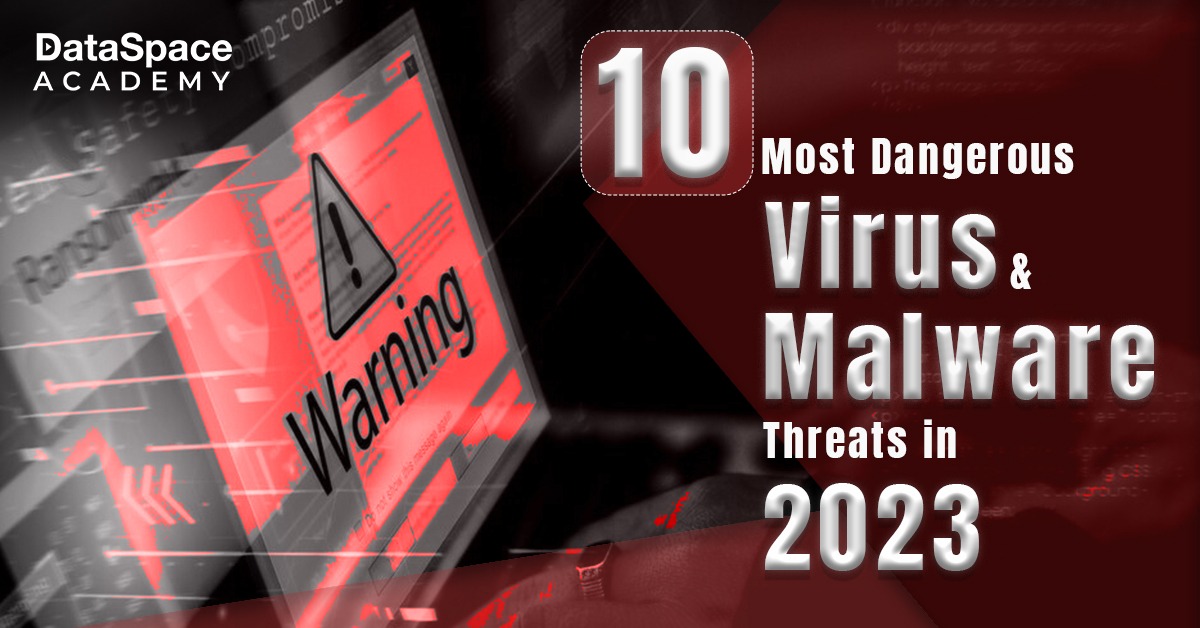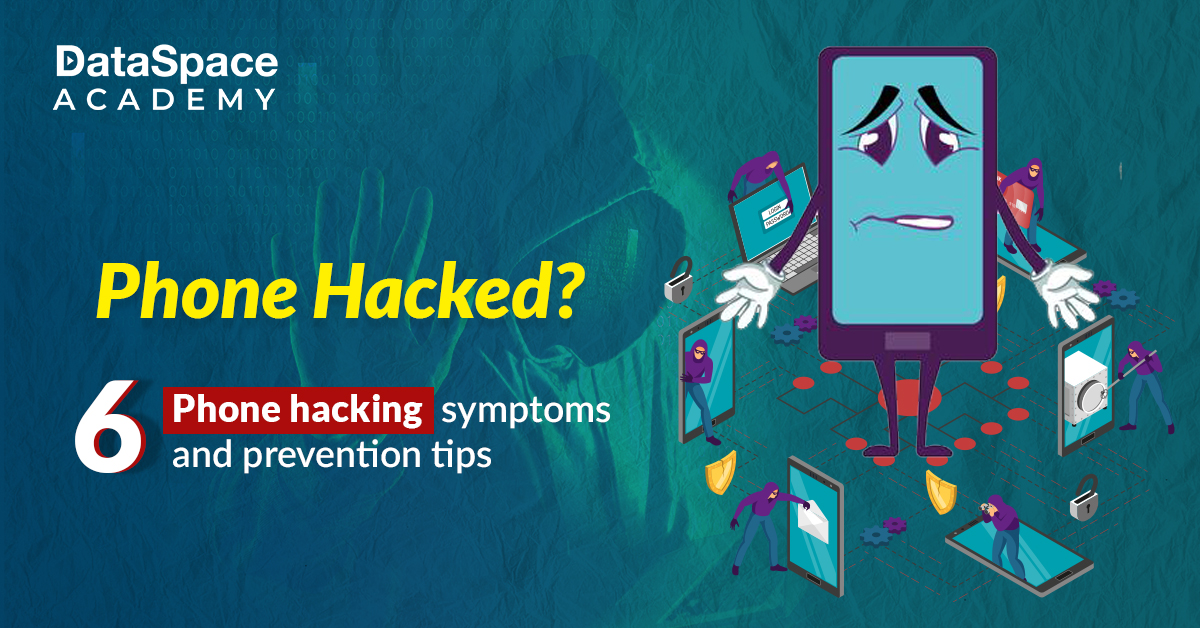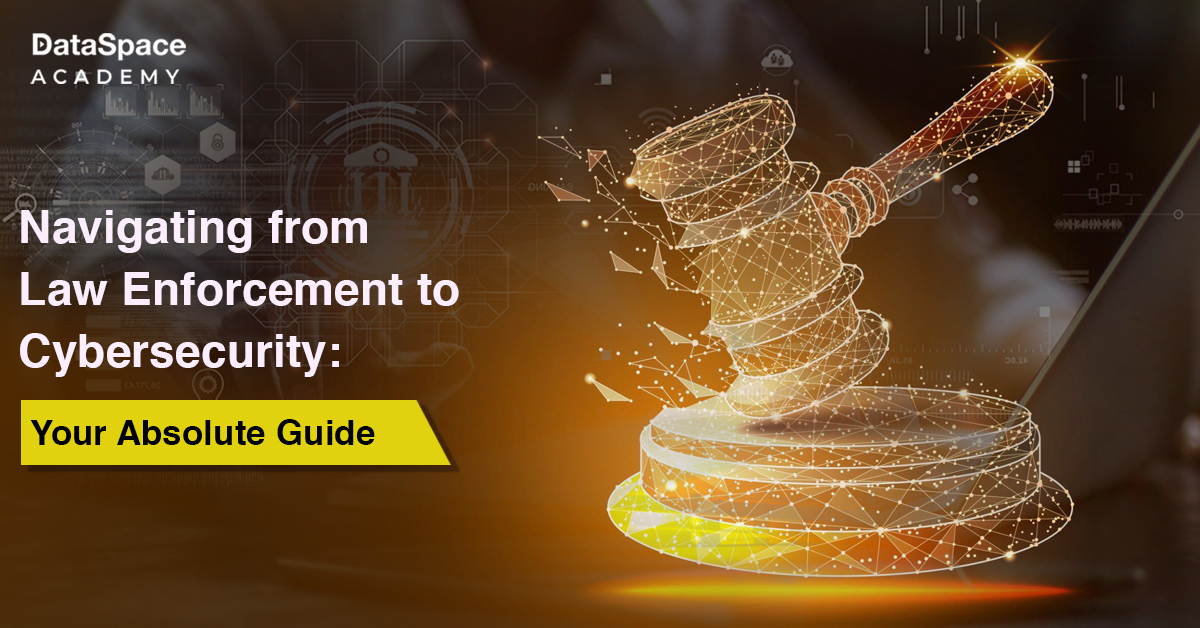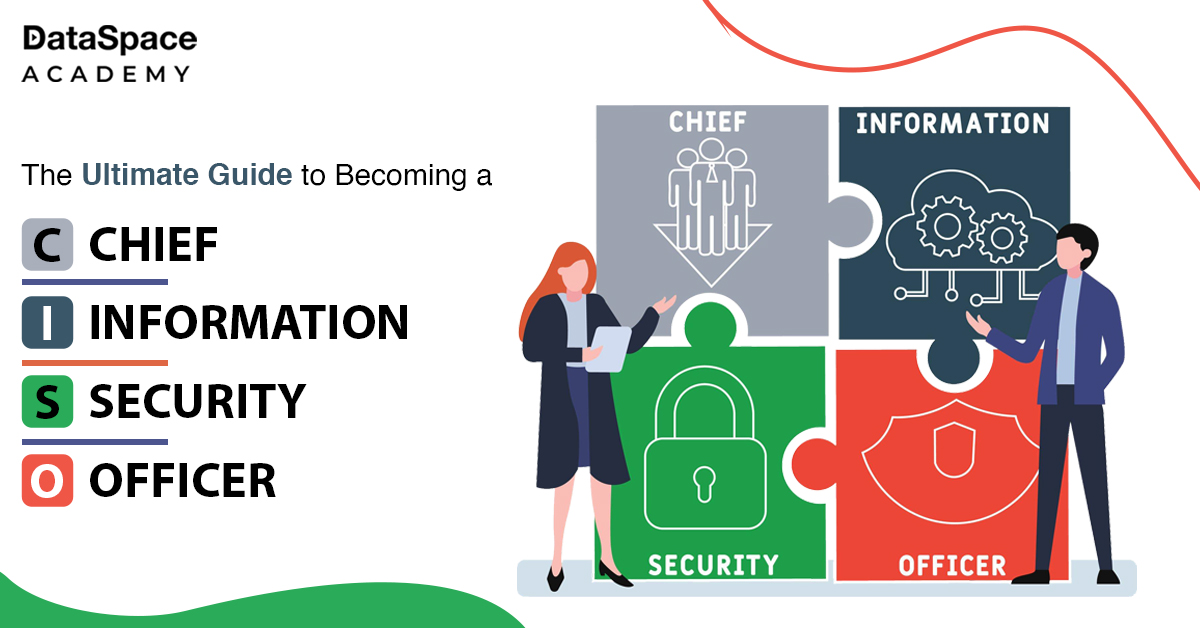Cyber Forensics Vs Digital Forensics: A Brief Study
Last Updated : 11 Jul, 2022
 93.48K
93.48K
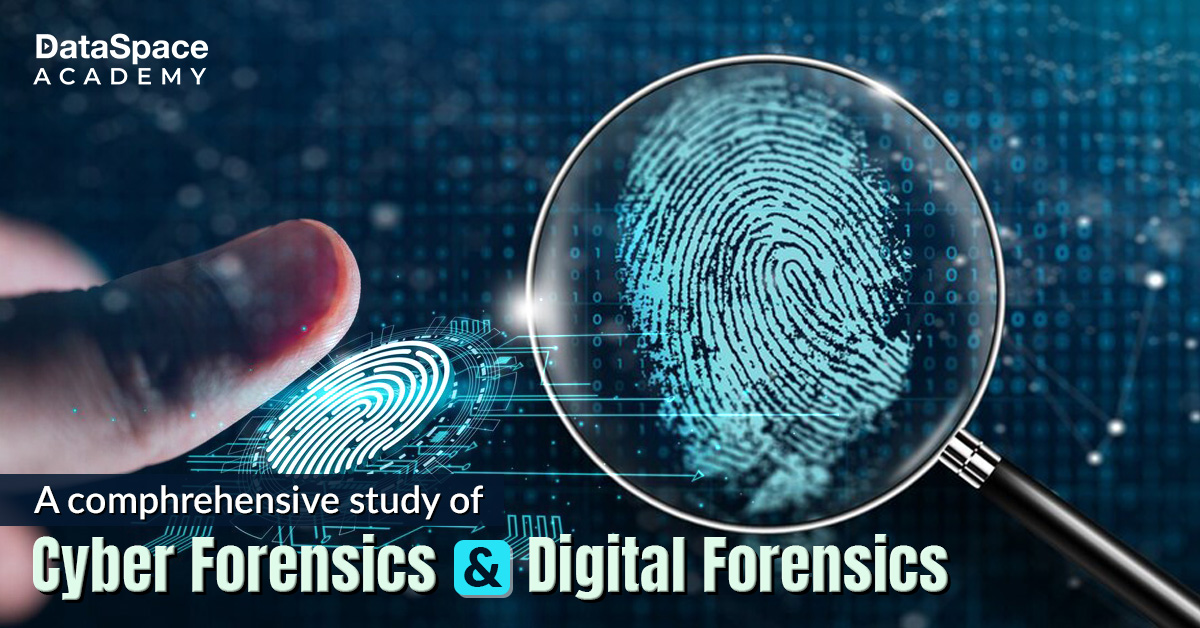
Cyber Forensics and Digital Forensics are two terms that are used often in today’s day to day life. Often one is used in place of the other. These are two essential aspects of security in these days of frequent cybercrimes. These two terms are interrelated and are basically either sides of the same coin. But in spite of being related cyber forensics and digital forensics are two individual aspects of cybercrime detection.
What is Cyber Forensics?
Cyber forensics is a discipline which is also known as Computer Forensics. It is a more detailed and nuanced branch of digital forensics. Cyber Forensics prevents and investigates hacking, malware attacks, network interference, network logs and data breaches. It is effective where threat actors and cyber criminals affect security vulnerabilities and conceal their acts.
Cyber forensics techniques mean uncovering the beginning spot of the attack, know the modus operandi of the attackers along with knowing their mal intentions. Professionals here know cyber security rules and regulations, networking infrastructure and the latest methods employed by cyber criminals.
It is for law enforcement agencies and specialised investigative entities which combat cybercrimes and digital disasters.
What is Digital Forensics?
Digital Forensics is the ultimate term that defines an organized detection, dissection and conservation of digital proofs in order to uncurtain legal and cyber security issues. It applies scientific as well as investigative methods to assimilate, analyse and present digital evidence in the court of law. It encompasses an array of digital devices and storage media which includes computers, servers, mobile phones, external drives, smart phones, hard drives, USB drives, memory cards and more.
The preliminary objective of digital forensics is to reenact digital activities. The situations are varied. It may be for checking a computer system for finding out evidence for any unauthorized access or reinstalling deleted files. Digital forensic professionals are often referred to as forensic analysts. They always follow a tough and full proof modus operandi to make sure the evidence collected is authentic. The 4 fold path that is followed include identification, preservation, analysis and documentation of the digital proofs.
A Comparative Analysis of Digital Forensics and Cyber Forensics
Some of the key differences between Digital Forensics and Cyber Forensics are as follows.
- Scope and Focus: Digital forensics means storage faculty and digital devices for recovery and analysis of digital proofs for crime detection.
On the other hand cyber forensics specializes in the detection of cyber crimes exclusively gathering and solving clues and threats in the cyber or digital space. - Objectives: Digital forensics solve various legal purposes, criminal cases, civil issues and investigation of internal corporate matters.
Cyber forensics mainly emphasize on cyber criminalities like hacking attacks, the motifs, modus operandi and genesis of the same. - Context: Digital forensics relates to forgery, property dispute, employee misconduct etc.Cyber forensics relates to hacking, phishing, ransomware attacks and other cyber malice apart from suits filed on cybercrimes.
- Skills: Digital forensics demands proficiency in forensic analysis tools, data recovery techniques and a generic knowledge of the legalities.
Cyber forensics needs a customized knowledge of cyber security rules, network forensics and expertise in countering cyber threats.While both digital forensics and cyber forensics are interchangeable terms. Digital forensic is a term that encompasses a number of sub subjects under its all inclusive umbrella of which cyber forensic is a part. The former is digital examination for all kinds of crimes and questionable incidents including the cyber ones. The later is cyber forensics which is exclusive study and detection of virtual errors, attacks and intrusion.
We must understand both in order to be safe against a world ruled by physical and cyber vulnerabilities. - What is the meant by Cyber Forensics?
A. It is the collection, analysis and presentation of cyber evidence for solving cyber crisis. - What is Digital Forensics?
A. It is the collection, analysis and presentation of cyber evidence for solving virtual as well as physical cases in the court. - What are the career prospects of both?
A. Digital forensics and cyber forensics both have a rising market in India with average salary of $70 k to Rs 5 lakhs per annum and top hirers like Skylark and Incognito hiring all the time. - How relevant is cyber and digital forensic in today’s times?
A. Cyber and Digital forensic denote cyber security. It is an extremely relevant subject today which helps us to stay clear of the threat actions and virtual fraudulence ravaging the cyber world and the physical surroundings of our’s.
Career in cyber security
Digital forensic and cyber forensic is cyber security. That is a booming career in India and the world in these vulnerable times in the cyber world and outside. Cyber forensic experts play roles like Computer Forensic Technicians, Information Security Analyst, Forensic Computer Analyst, Security Software Developer and Security Architect. The average salary is of Rs 5.6 to 20 lakhs per annum depending on expertise and experience. It demands a 55% in science stream at school and graduation with science. Thereafter diploma in cyber security/network security/ethical hacking, B.SC/B.Tech/B.Eng in cyber security, computer science or cybernetics, post-graduation in cyber security, internship with work experience and certification in CCE, CIPP, EnCE, GCFE, GCFA, GNFA. Since 2020 till 2030 cyber forensics career prospects will improve by 33%. Skylark Information Technologies and Incognito Forensic Foundation are the top hirers.
Digital forensics career finds hirers with the police, law enforcement and other forensic agencies. Some of the key roles here are Cyber Forensics Investigator, Senor Forensic Analyst, Senior Consultant, Computer Forensic Technician and Forensics Engineer among others. Average salary of a Digital Forensic Investigator is $ 72,929. Qualifications required are B.SC in computer science or engineering, B.SC in cyber security and M.SC in cyber security with digital forensic specialization. A certificate in CHFI is off course an indispensable instrument on your way to a shining cyber security career.
FAQs
 93.48K
93.48K


